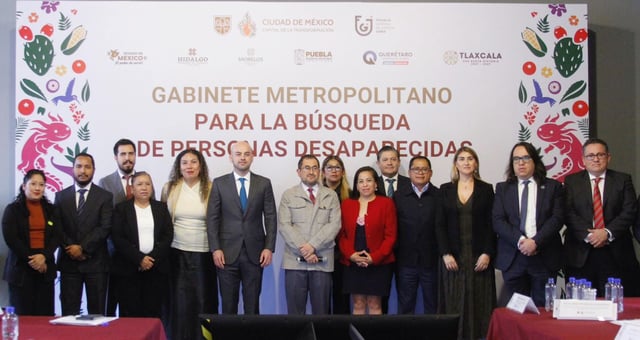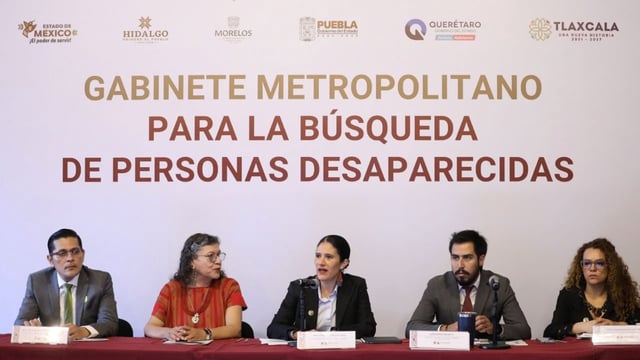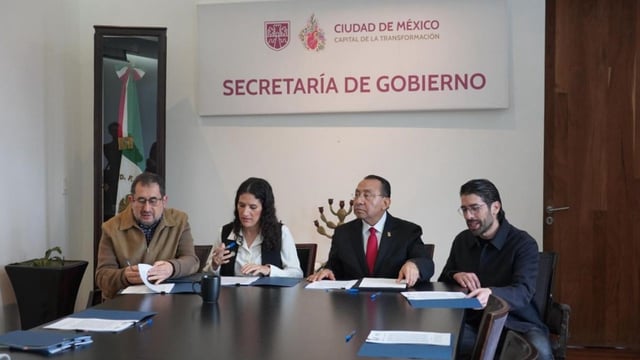Overview
- The cabinet held its inaugural session on August 25 at the Antiguo Colegio de San Ildefonso with representatives from Mexico City, Estado de México, Hidalgo, Querétaro, Morelos, Puebla and Tlaxcala, alongside federal agencies.
- Agreements from the first meeting include a minimum core of information for cases, a unified database, standardized records for deceased persons and mechanisms to exchange genetic information among participating entities.
- The initiative responds to years of complaints from families and search collectives who cite poor interagency coordination as a central barrier to locating missing people.
- Mexico City’s search commission noted the National Search Commission is in the process of naming its new director, leaving broader leadership questions unresolved as implementation begins.
- Persistent operational hurdles remain in the region, including the Estado de México’s registry of 5,348 unidentified bodies, 629 of which have gone seven years without identification, and the state search commission’s 11‑month leadership vacancy.


